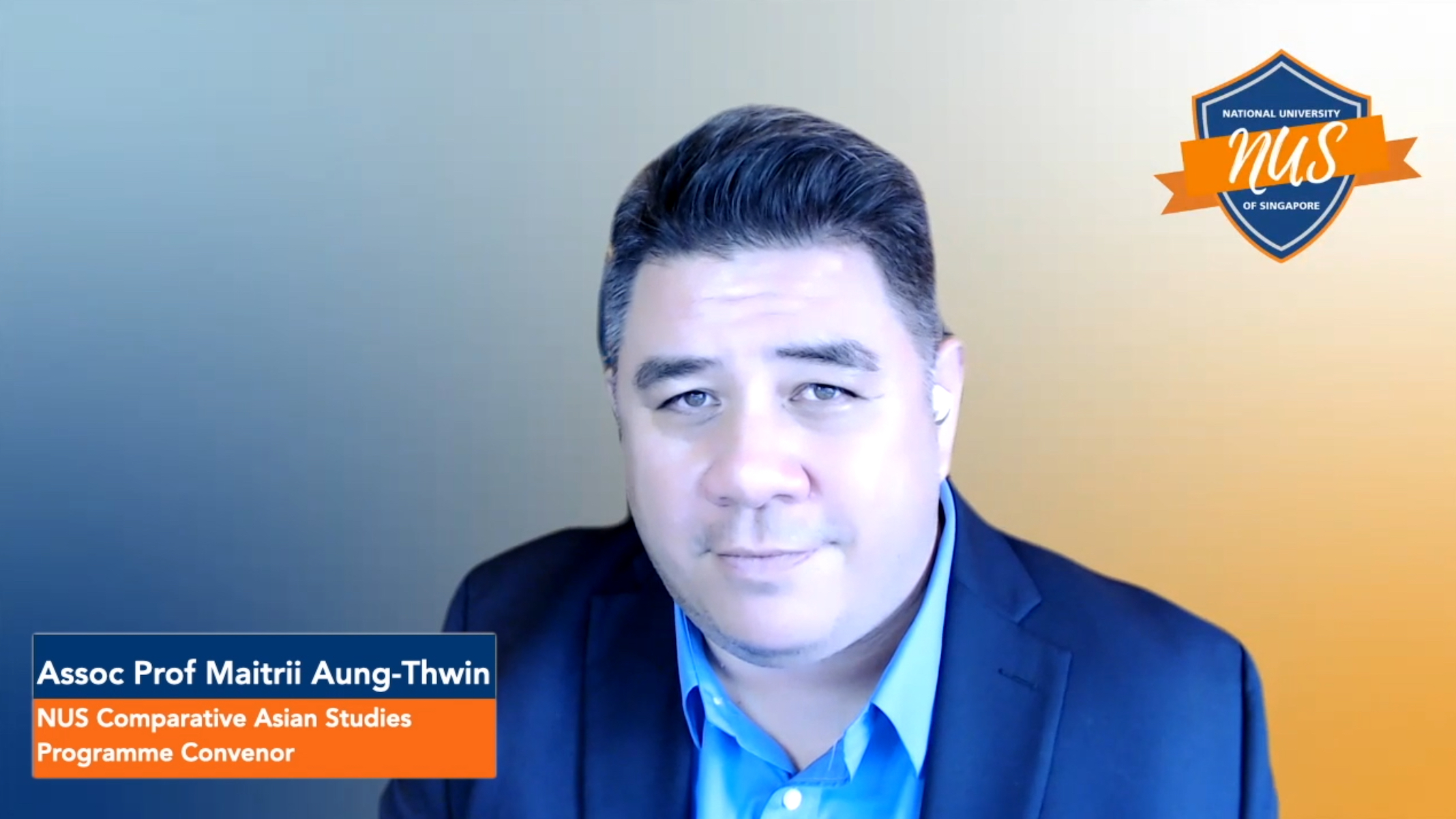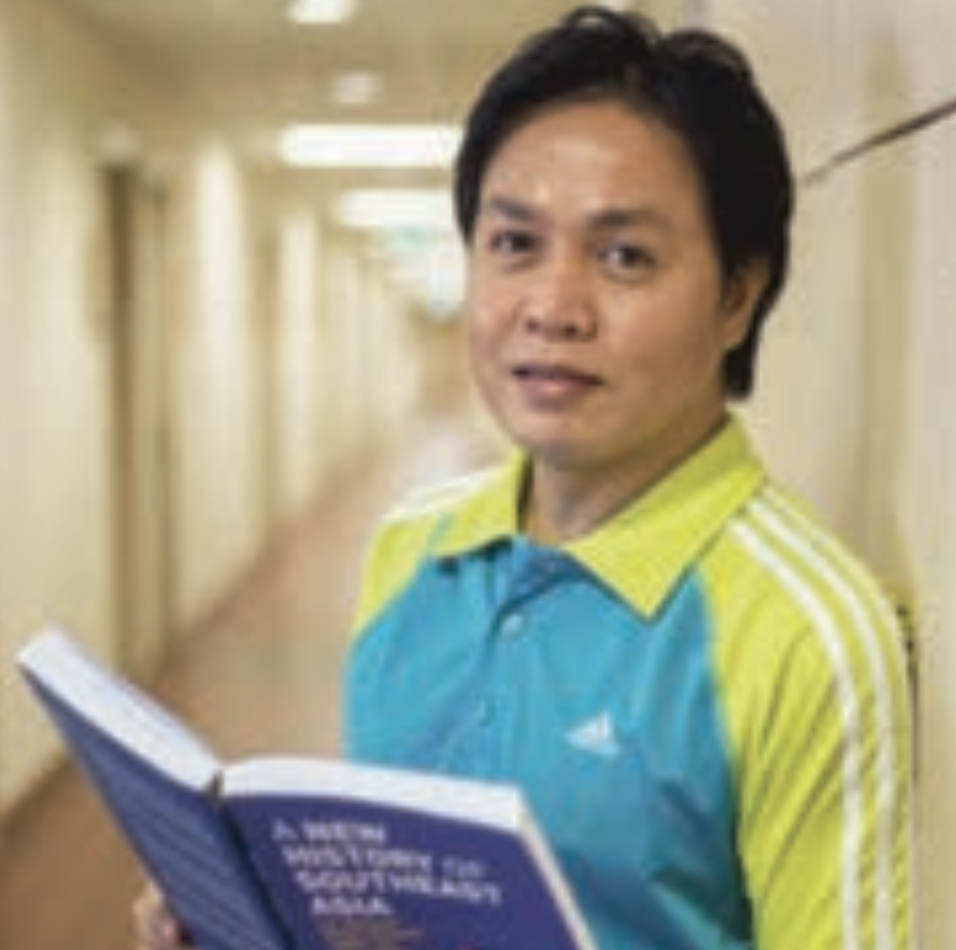
Comparative Asian Studies PhD
The Comparative Asian Studies (CAS) PhD programme offers an intensive course of study that promotes a transregional understanding of Asia. Students will be exposed to ideas designed to shift attention beyond the conceptual boundaries of areastudies scholarship towards the dynamics and processes that connect the region's vast peoples, cultures, and worldviews.
The programme is unique because it offers the scope of transnational Asian Studies while providing the intensity and focus offered by area-studies training. This combination of both breadth and depth encourages research that explores the connectedness of Asia without compromising a deep understanding of its various locales.
Participating faculty members, located in our area-studies departments and disciplinarybased departments, represent one of the largest concentrations of Asia-focused scholars in the world. FASS's research clusters bring together graduate students and faculty regularly to explore topics in (but not limited to): comparative religions, transnational flows, and global histories. Taken together with the CAS PhD's innovative curriculum, participating candidates have the opportunity to not only engage with leading specialists of Asian Studies, but to contribute to the process of producing knowledge about Asia from within the region.

Graduate Coordinator's Message
A/P Maitrii Aung Thwin
Maitrii Aung-Thwin received his PhD from the University of Michigan (2001) where he studied Burmese and Southeast Asian history. He has lived and conducted research in Southeast Asia for nearly two decades.
Programme
Course Structure
Candidates must complete the following 3 core modules as part of modular requirements:
- CAS 5101: Theorizing from Asia
- CAS 6101: Asian Studies in Asia
- CAS 6770: Graduate Research Seminar
For elective modules, please visit here.
Graduation Requirement
A candidate may be recommended for award of the degree of Doctor of Philosophy in Comparative Asian Studies if he/she has paid all fees prescribed and met the following requirements at the end of the course:
- Obtained a minimum Cumulative Average Point of 3.50 for the required modules;
- Must not have failed more than 2 modules;
- Obtained a satisfactory grade (at least grade C) for all required Asian language modules or equivalent;
- Where applicable, obtained a satisfactory grade (at least grade C) in the graduate English courses conducted by CELC at advanced level;
- Passed the Doctor of Philosophy Qualifying Examination;
- Passed the Doctor of Philosophy thesis; and
- Passed the Oral Examination
The Board of Examiners may pass or fail a candidate, or refer him/her for further work; or recommend with the candidate’s agreement, that he/she be awarded a Masters degree after the thesis examination.
Job Ready
The opportunity to experience Asia from within, rather than viewing it from afar, provides a nuanced understanding about the region’s dynamics and trajectories. Our position within and proximity to Asia’s many regions constitutes a distinct advantage for students in the CAS PhD programme who are excited by the prospect of working and living in the field.
Testimonials

Carlo Samson Gutierrez
Current CAS PhD Student
The Comparative Asian Studies programme provides a unique vantage point to conceive and behold Asian discourses and social science in general. Its intricate advantage is the requisite towards a minimum bilingualism and in reality the multilingual demands. The nice thing is it embraces all students of society who are interested in engaging with the issue of Asia - which is extremely timely and relevant in recent years.
The challenge it poses, in addition, is the transformative nature of every willed-engagement; as the programmes is relatively novel, all research agenda will ultimately reflect what CAS will look like. It is a demanding, interesting, new, and an allencompassing programme open to all!
Shruti Gupta
Current CAS PhD Student
The structure, focus and orientation of the CAS coursework has allowed me to rethink the traditional framings of Asia. It has brought to my attention the vast interconnections, similarities and pluralities that constitute Asia as a geographical and cultural entity. Since the course draws faculty from across disciplinary and area-studies departments, it enables students to develop a dynamic perspective.
It allows us to transcend national borders while being rooted locally in the uniqueness of our fields. The CAS programme pushes boundaries by giving students the opportunity to unlearn and to reconceptualise both historical and contemporary areas, peoples and cultures of Asia.

The Faculty of Arts and Social Sciences, National University of Singapore (NUS) is committed to environmental sustainability.
This e-brochure is part of our sustained effort to reduce waste and foster a culture of care for the environment among the NUS and broader community.

